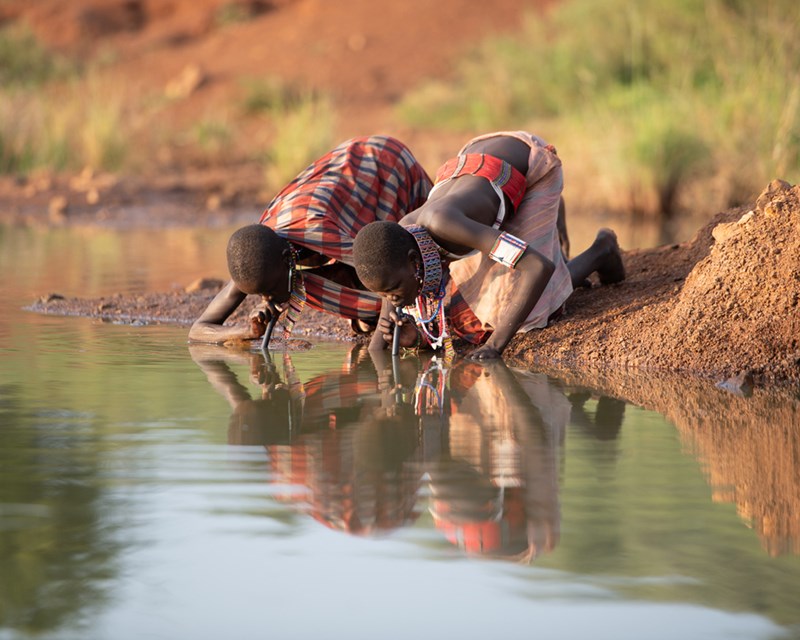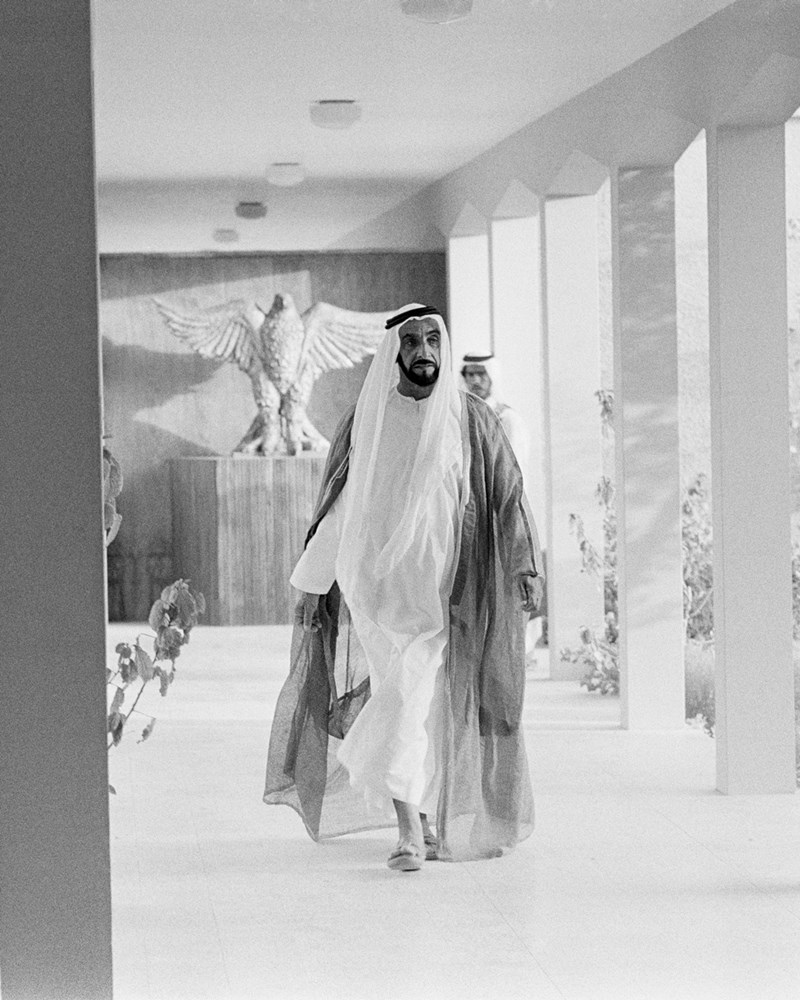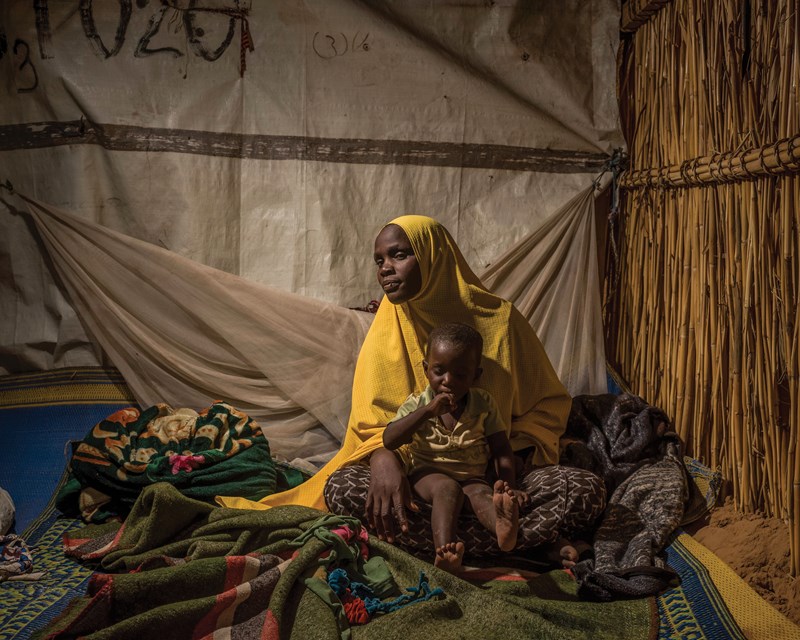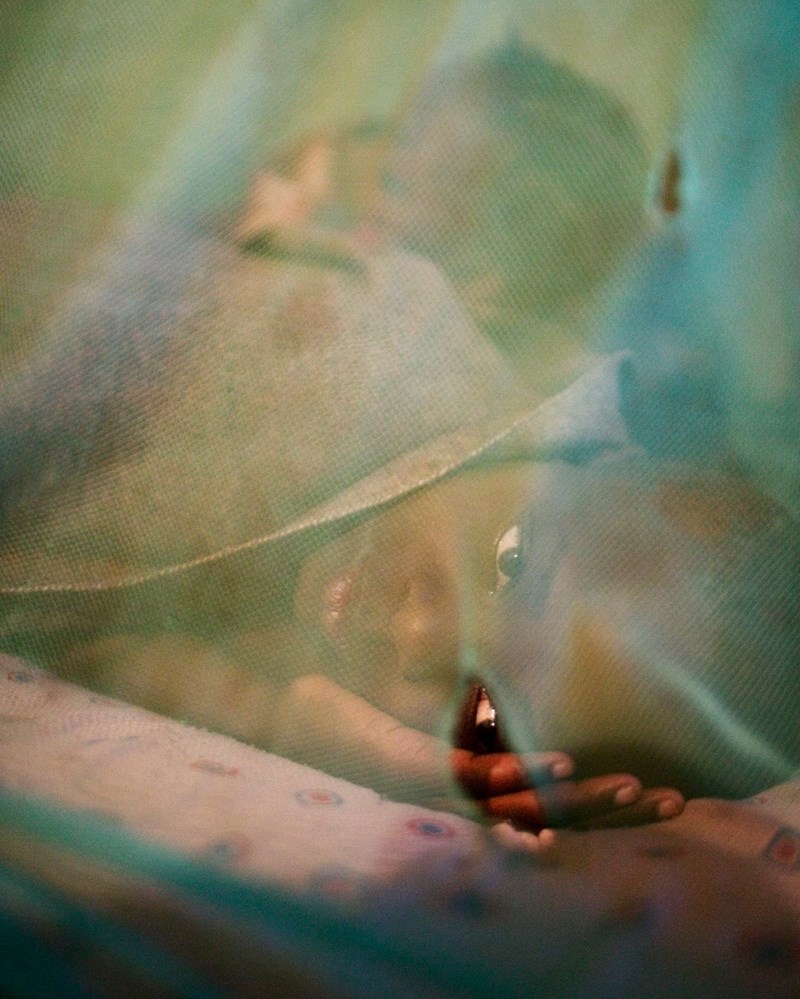A new award launched by the UAE’s Global Institute for Disease Elimination aims to find and reward novel ideas that could help stop the blight of infectious diseases, its organisers have said.
The Falcon Awards will grant five prizes of up to $200,000 each to groups whose work could potentially speed the elimination of one or more of GLIDE’s four focus diseases – polio, malaria, lymphatic filariasis and onchocerciasis, also known as river blindness.
In doing so, the Abu Dhabi-based institute hopes to uncover breakthrough approaches that could help solve existing roadblocks, plug gaps, and edge more countries along the last mile of disease elimination.
“This is a search for ideas and talent,” Simon Bland, chief executive of GLIDE, told Philanthropy Age. “We hope to not only add to the global understanding of disease practice, but also test new approaches and help to identify new avenues and methods of collaboration.”
GLIDE launched in 2019 with $20m in funding from Sheikh Mohamed bin Zayed Al Nahyan, the crown prince of Abu Dhabi, and the Bill & Melinda Gates Foundation. The institute’s aim is to accelerate global thinking and progress on disease elimination, with the goal of shrinking the worldwide burden of preventable disease.
The institute, which was first announced in 2017, is one of a series of philanthropic commitments made by Sheikh Mohamed in support of global efforts to wipe out polio, malaria, and various neglected tropical diseases (NTDs).
The crown prince is also the co-founder of the Reaching the Last Mile Fund, a 10-year, $100m and multi-donor initiative created in conjunction with the Gates Foundation, which is working to stamp out onchocerciasis and lymphatic filariasis in seven countries.





